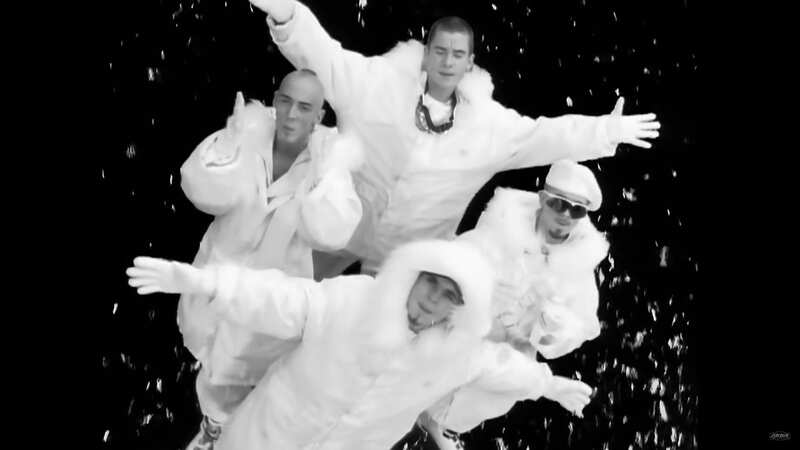Dark history of Christmas songs – including deaths, funerals and anti-Semitism

It may be the season to be jolly, but many of the Christmas songs we hear every year were inspired by tragedy, war and heartache.
It seems earlier every single year radio stations start blurting out the same songs over and over as people get into the festive spirit. Although many of us know the words by heart we probably don’t know the sad meanings behind some of the biggest and most popular, despite being played several times every year.
From a brother's heartache over his sibling's suicide to a terrified couple living in fear of being blown up by missiles and a man mourning his baby son, several Christmas hits have truly tragic meanings. Below we take a look at some mourningful songs which became Christmas crackers.
Santa Claus is Coming To Town
What could be happier than the idea of Saint Nicholas making his way to deliver toys for children. Why, it being written directly after a funeral of course! Haven Gillespie was asked in 1934 to write a festive ditty for kids. Initially he had no interest but eventually came round to the idea and wrote it on the train home from the funeral of his brother, Irwin. Although it became a huge hit for Eddie Cantor, understandably Haven was not a huge fan.
Stay Another Day
We can debate over and over whether or not East 17’s song is truly a Christmas number but what we can agree on is its sad backstory. Tony Mortimer wrote it about his brother’s suicide.
 Shoppers can dress like a king as tailor worn by royalty launch new range
Shoppers can dress like a king as tailor worn by royalty launch new range
He told the Big Issue: “It's so odd that it's a Christmas song. I wrote it about my brother's suicide - so it's about the end of a relationship, and missing someone.
"That's what it’s based on, and I think people like that. It might have been a hit because people felt sorry for me or whatever, but it's also a very nostalgic song for Christmas, for looking back over the year and times gone by."
Do You Hear What I Hear?
The lyrics may sound like something from the nativity story (it is about a lamb who sees a star in the sky with a “tail as big as a kite”). Married couple Noel Regney and Gloria Shayne wrote it in 1962 but what they were hoping not to see were nuclear weapons. Yes, Do You Hear What I Hear is a plea for peace by the writers during the Cuban Missile Crisis - the closest the globe has perhaps ever come to World War Three. Happy Christmas.
White Christmas
Written for a Broadway show by Irving Birling which never happened, it was eventually sung by Bing Crosby and debuted in the 1942 film Holiday Inn. So far, so cheery. However, it has a sad backstory - Irving’s son died on Christmas Day when he was three weeks’ old. Released only a few weeks after the attack on Pearl Harbour, the song had huge sentimental value for the soldiers who were away fighting in the Second World War. If that isn’t enough, it also served as code when played over the radio for American soldiers to evacuate Saigon during the Vietnam War.
O Holy Night
O Holy Night started life as a poem by Placide Cappeau de Roquemaure in 1847 which he thought would be “powerful” if set to music. Adolphe Charles Adams did the honours and was initially very popular and the French catholic Church were all in favour until they discovered Adams was Jewish. The church banned it but the French still sang it.
Read more similar news:
Comments:
comments powered by Disqus
































